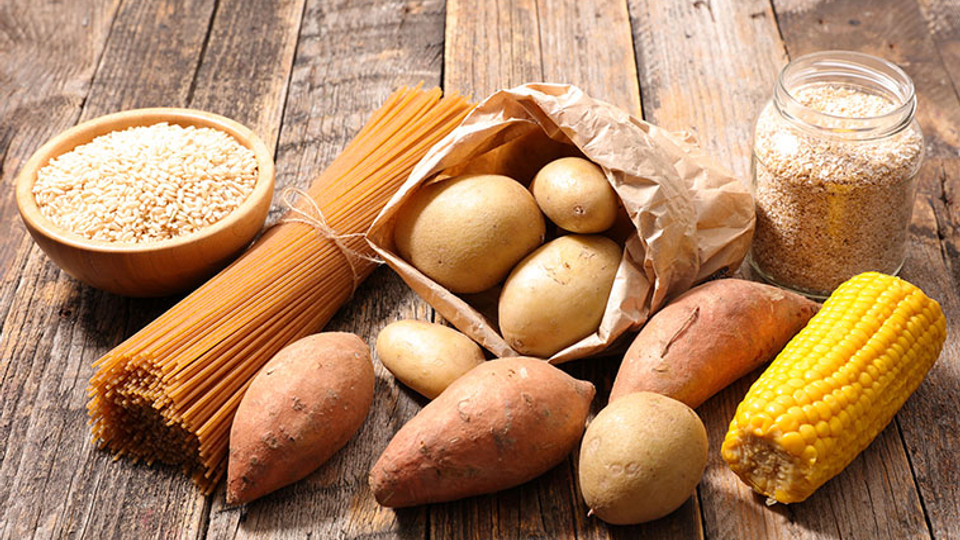
Carbohydrates seem to be something of a confusing force in modern dietary protocols. We spent years hearing that we should have high carb, low fat diets to maintain our health, but in recent years the research has flipped this on its head.
Now many people are cutting out carbs as much as they can, maintaining high protein, high fat diets with only minimal carb intake. This is good, for the most part: it’s very true that people tend to under-consume protein and that they tend to take in more carbs than our sedentary modern lives require.
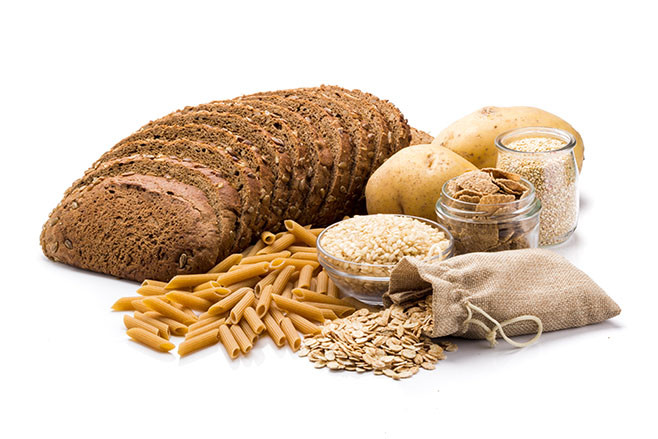
However, I would like to put out an argument today in favour of the humble carbohydrate: they are necessary, nutritionally viable macronutrients that can bring about a host of health benefits if you use them correctly.
What are carbohydrates?
We all need a bit more knowledge about carbs if we’re to pass judgement on how many, in what form, and when, we need them. So, what is a carbohydrate?
Carbs are one of the three macronutrients, the other two being fat and protein. Whilst fat contains nine calories per gram, protein and carbs contain just four. Some carbs are basic ingredients, the core components of fruits, vegetables, grains, seeds and legumes. Others are refined and added into food later as added sugar.

To a greater or lesser degree, this sugar will be present in most foods, however, as a base component. Fructose, lactose, sucralose… they are all simple sugars, present in moderate amounts. Alongside sugar, you will find starch in many foods. This is a more complex carb form that you will get from many grains and vegetables. Fibre is also a type of carbohydrate and is a vital component of a healthful diet. It is indigestible and readily found in fruits, vegetables, whole grains and beans and legumes.
Your body will use digestible carbs for energy by converting them into glucose, which will be stored for later use. Glucose is your body’s main source of energy, as well as your brain’s. Indigestible carbs (fibre) will be used both to bulk out your body’s stools and to clear excess cholesterol, leading to improved overall and especially digestive health.
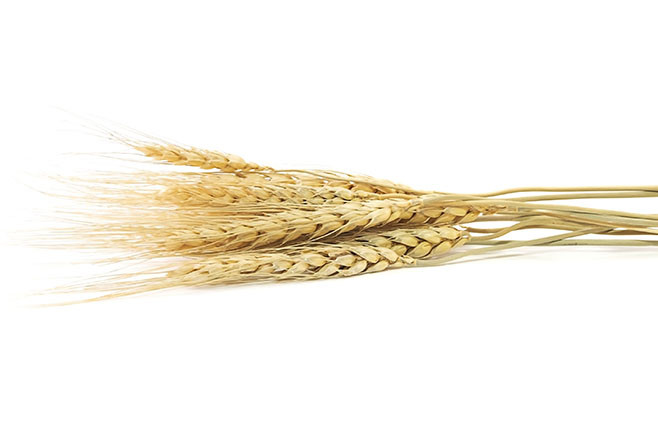
Carbs give you energy, they fuel your day and get you through tough physical exercise. As well as this, fibre lowers the chance of heart disease, high cholesterol, digestive complaints, stomach issues, alongside the likelihood of obesity and diabetes.
The perceived issues with carbohydrates
Carbs are often blamed for obesity and weight gain. Again, there is good reason for this. If you’re a medieval peasant, working the fields for twelve hours per day, you need as much energy as you can possibly get to keep you going. Bread is a cheap and abundant source and should be celebrated. However, none of us are medieval peasants: if you sit at a desk all day, drive to and from work, and live an all-round sedentary lifestyle, then you don’t need this kind of energy.

In addition, it’s quite hard to eat ‘hidden’ calories formed from fats and proteins. They are obvious and they are filling. It is very easy to eat hidden carbs- you may not know that that triple mocha is loaded with sugar, but it is, and this will lead to weight gain. A couple of cans of fizzy drink each day will shoot your intake well over what you need, whilst giving you little that is nutritionally useable. Sweets are easy to eat en masse and are deeply unfilling. Ready meals and tinned sauces are often loaded with sugar to make them tastier and more addictive, without consumers being particularly aware.
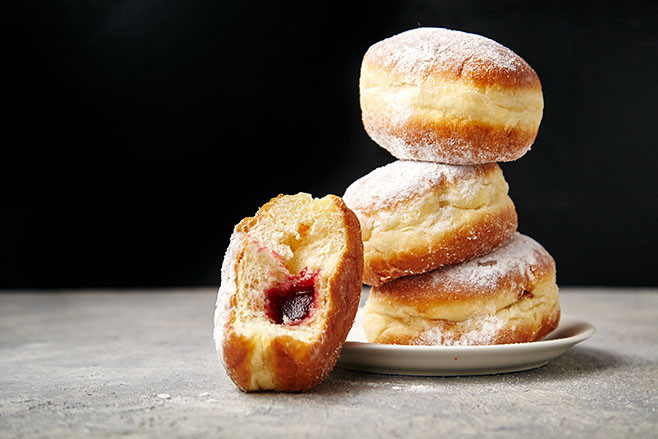
When people overeat, therefore (eating beyond their caloric needs), those excess calories often come from these unneeded carbs.
But this doesn’t make carbs bad. They are a tool, and as with any tool, their utility is what you make of them. If you decide to eat ready meals and sweets, and if you gorge yourself on bread and potatoes, you will likely get fat. This isn’t because of carbs, however: it’s due to a lack of moderation and an inappropriate range of eating choices.
Go for the better options I’ve laid out below, and you should be OK.
How to structure your carb intake
Quantity and type are important. Feel free to eat as many carbs as you need, but make sure the majority of them come from fruit and leafy, green vegetables, as well as whole grains like rice and quinoa. Make sure, as well, that you do only eat within your body’s needs (easier to do when you’re not eating food loaded with excess, unseen sugar.)
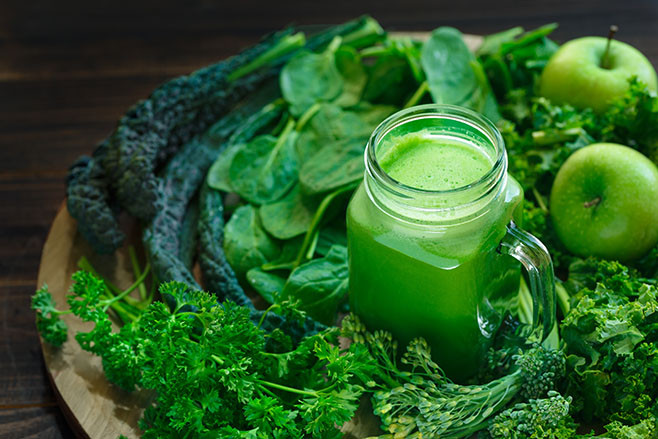
A ‘low-carb’ diet can mean as few as 5% of your calories come from carbs. I wouldn’t suggest this at all. You will not be able to take in adequate fibre and your energy levels will drop. A diet can also be considered ‘low-carb’ if it allows up to 30% of your calories to come from carbs- this is a much more manageable, much healthier target.
The typical person needs around 2,000 calories per day. This higher end ‘low-carb’ option gives you 600 calories from carbs, which is plenty of broccoli and rice. It’s quite a few potatoes. It isn’t that much sugar (a large chocolate bar and a fizzy drink together will likely hit this number.)
Moderate carb diets can allow you up to 65% of your calories from carbs. Once more, if you take these from the correct sources, you will be on an incredibly healthy diet. If you take most of these from correct sources, and a few from sugars, you will be on a good, healthy, balanced diet.
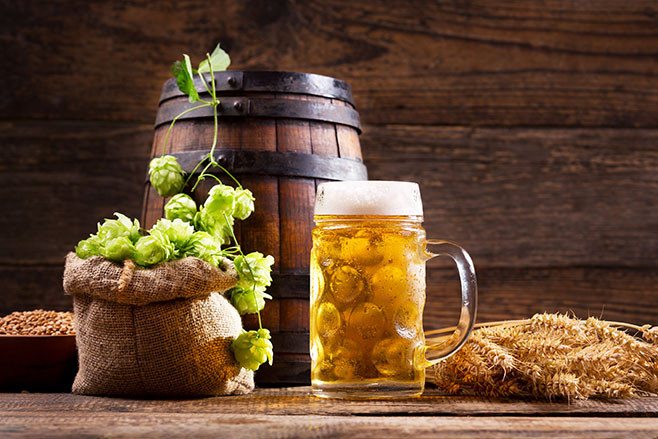
Have a bar of chocolate every so often. Enjoy a beer or a glass of Coke once in a while. Eat your greens and your fruit the rest of the time, with plenty of whole grains and a bit of starch. It’s OK- you will still be healthy, slim and fit as long as you know what an appropriate amount of everything is.
What carbs to choose
Let me round this out with a rundown of what your ideal macronutrient (carbs, fat and protein) sources should be. Go for foods on this list 80% of the time and enjoy comfort, junk food the rest, and you should be OK.
Carbs
Most carbs should come from vegetables, especially leafy greens, with a few from fruits. Try to choose fruit and veg sources that are lower down on the glycaemic index as often as possible. Alongside this, you will want carbs to come from whole grains, as mentioned above, with the rest coming as lactose from dairy products.
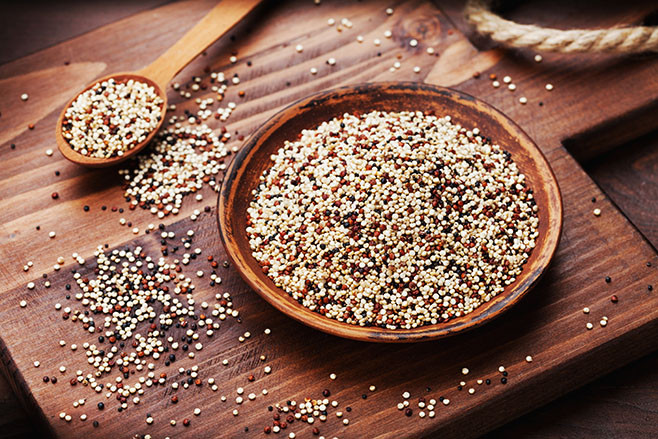
Protein
Animal sources of protein are important, as they will give you a complete range of amino acids. Lean meats, dairy products like cottage cheese and whey powder, fish and eggs are perfect examples. Plant-based proteins will also feature heavily, especially as you take leafy greens from the carb list.
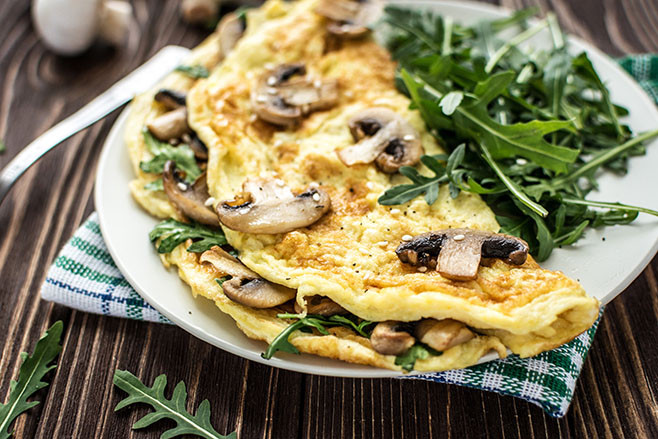
Fat
Fats are best in liquid form at room temperature where you can get them. Oils from vegetables, nuts and seeds are good, as are whole nuts and seeds themselves.
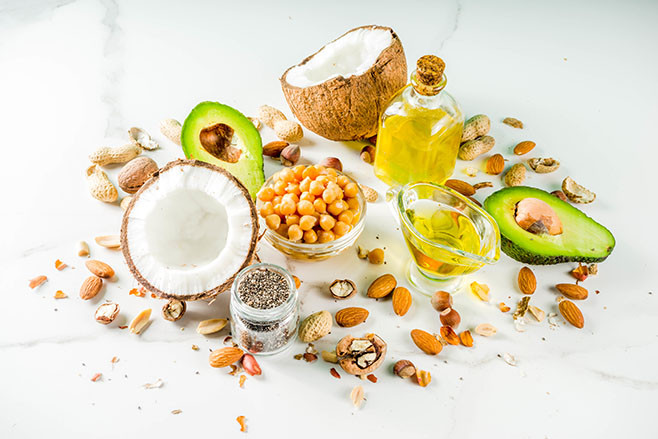
Though it would take a longer article than this to break down your personal, specific caloric needs and ideal macro ratios, there is plenty of info out there. For starters, have a look at our articles on BMR calculation and macro breakdowns. In the meantime, relax a little: make some healthy choices when deciding on your carb sources and you shouldn’t go too far wrong.




